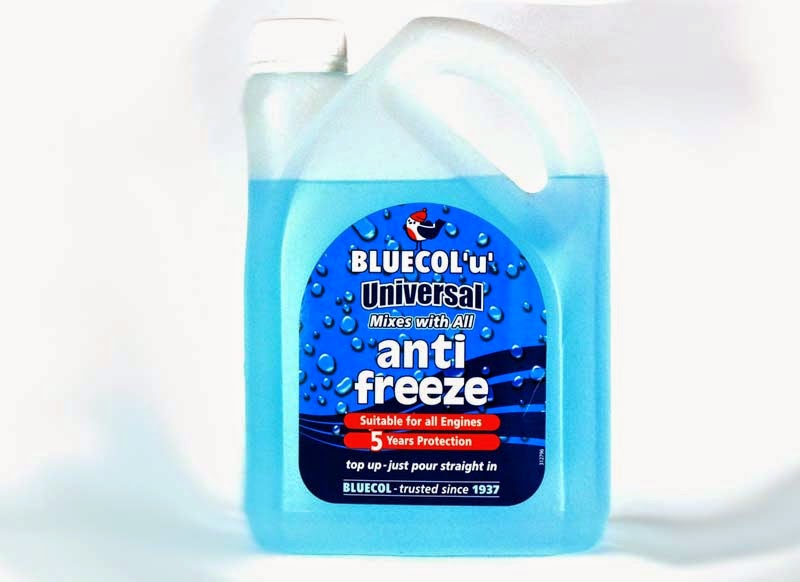If a customer is having engine performance problems that he thinks are linked to a carburetor, suggest that he try a carburetor cleaner before he invests in a new or rebuilt carburetor. These cleaners can be applied several ways such as a fuel-tank additive or poured into the carburetor throat. Another cleaner connects the contents to the fuel inlet after disconnecting the fuel line.
Showing posts with label Automotive Chemicals. Show all posts
Showing posts with label Automotive Chemicals. Show all posts
Tuesday, June 10, 2014
Windshield Cleaners - Automotive Chemicals
Windshield washer solvents are usually made of methanol and other solvents to keep the water from freezing as well as clean the windshield. Available in concentrated form to be added to water or in diluted form that is ready to pour into the washer reservoir jar.
Waxes and Cleaners - Automotive Chemicals
Cleaners include solvents and other chemicals that remove road tar, dead pigment and other materials without damaging the car’s finish. Many car waxes include cleaning elements to clean and wax in a single application. Long-lasting liquid and paste waxes usually cost more. A stock of two or three varieties of liquid and paste wax and cleaners will usually satisfy most customers.
Monday, June 9, 2014
Crankcase Cleaners - Automotive Chemicals
Unlike oil additives, crankcase cleaners or flush cannot be left in the crankcase. Instructions are indicated on the container, but normally the chemical is added to the crankcase and the engine is run for a specific period of time to allow the chemical to circulate and break loose accumulations in the oil pan.
Engine oil Additives - Automotive Chemicals
Oil additives are combinations of oil distillates and other chemicals that make engines operate more efficiently by freeing sticky valves, sealing piston rings, retarding oil breakdown, etc. They are usually a form of extremely heavy oil more resistant to change under high temperature so that viscosity (thickness) is maintained at high speeds.
Transmission Sealants - Automotive Chemicals
Transmission sealers and conditioners are added to the transmission fluid and used under normal driving conditions to improve operation and to seal minor leaks. Usually, they include chemicals that retard oil decomposition and improve stability.
Sunday, June 8, 2014
Automotive Chemicals - Transmission Fluid
Automatic transmission fluid functions as a power-transfer fluid, hydraulic fluid and a gear lubricant. The fluid must perform these functions in a wide range of temperatures; it has an SAE grade rating of 5W-20. Automatic transmission fluid must be high quality and fortified against oxidation caused by high operating temperatures in an automatic transmission.
Automotive Chemicals - Radiator Additives
Cooling system additives include sealants, rust inhibitors, lubricants and flush. Sealants, rust inhibitors and water pump lubricants are added to the radiator and used under normal driving conditions. Sealing ability is restricted to minor holes. Radiator flush requires that the radiator be drained after allowing the chemical to circulate through the cooling system.
Saturday, June 7, 2014
Automotive Chemicals - Antifreeze
Almost all antifreezes are called “permanent” and are made primarily from ethylene glycol. Nonpermanent antifreeze is made primarily of methyl alcohol, which evaporates. The ethylene glycol, while preventing water from freezing, also serves as a coolant because of its high heat transfer qualities. As an example, one major brand of antifreeze mixed with equal parts of water will lower the freezing point to -34°F and raise the boiling point to 260°F.
Subscribe to:
Comments (Atom)









